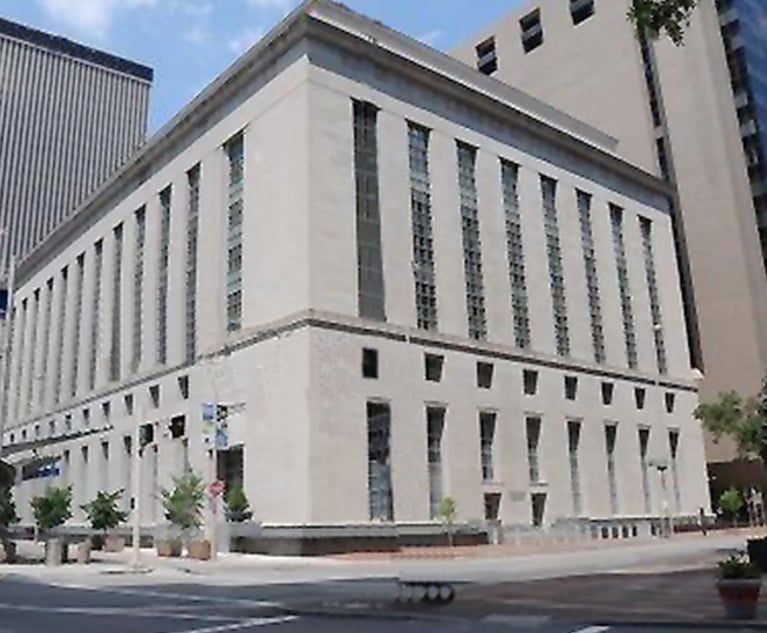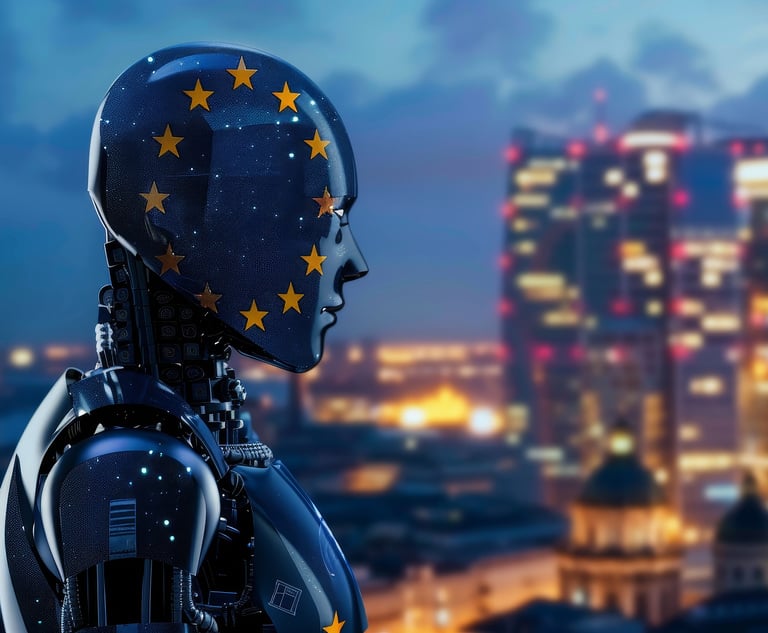Features

Recent Decisions from CA and NY On AI Training and Copyright
In late July, two important decisions came down from courts in the Northern District of California regarding the unauthorized use of copyrighted material for the training of large language models. No real consensus has emerged as to the effect they will have on the broader AI litigation landscape.
Features

Copyright-Termination Case Complexities and Sixth Circuit’s Decision In “Que Sera Sera” Litigation
The Nashville federal court where the lawsuit was filed summarized the litigation as “concern[ing] the rights to a prolific composer’s music, a dizzying estate plan, and two descendants at odds over how to manage the royalties those compositions earn.”
Features

Copyrights Battles and the Downfall of EU AI Act
While the EU AI Act certainly deserves compliments for both its pioneering nature and numerous thoughtful provisions aimed at the efficient and effective regulation of modern AI, it is not without its drawbacks.
Features

Denmark Deepfake Strategy Anchored In Copyright, Not Privacy
Denmark aims to make EU history by using copyright law — not privacy rules — to crack down on deepfakes and protect personal likenesses, diverging from the approaches adopted in the U.S. and other nations.
Features

Meta Gets Victory In Significant AI Copyright Case, But Ruling Limited
A federal judge handed Meta a major win on June 24 in a closely watched copyright case over its use of books to train large language models, but the ruling stopped well short of giving tech companies blanket protection to scrape creative works for artificial intelligence.
Features

Ruling in Authors’ AI Suit Lays Out Cautionary Guidelines for Plaintiffs’ Lawyers in Similar Cases
A federal judge handed Meta a major win in a closely watched copyright case over the use of books to train large language models (LLMs). But the ruling stopped well short of giving tech companies blanket protection to scrape creative works for artificial intelligence.
Features

Second Circuit Ruling on Copyright Fair Use Defense and Infringement Lawsuit Default Judgments
In copyright litigation, an infringement defendant may claim fair use as an affirmative defense. But the Second Circuit recently ruled that a district court, on its own initiative, could raise a fair use defense for a defendant that hadn’t appeared in the case.
Features

ChatGPT’s Ghibli-Style Images Are Testing Copyright Law
Last month, a flood of whimsical, dreamlike portraits in the style of Studio Ghibli (the Japanese animation studio) swept across social media. What began as a playful social trend quickly raised legal concerns. Within days, users began reporting that OpenAI had restricted prompts referencing specific artistic styles. This trend offers a live case study of how generative AI may implicate core doctrines of copyright law, including derivative works, substantial similarity, and fair use.
Features

AI-Training Ruling Finds No Fair Use
A recent AI copyright ruling out of federal court could have a sprawling impact on how companies, both big and small, use the technology responsibly.
Features

Internet Archive’s Decision Not to Appeal Second Circuit’s Fair Use Ruling Could Lead to More Litigation As Issue Remains Unsettled
The Second Circuit’s decision may have significant downstream implications for other digital lending services, making it more difficult to operate absent licensing agreements with copyright holders of the various works they seek to distribute. With Internet Archive deciding against petitioning the Supreme Court, we may well see similar litigation pop up in other jurisdictions outside the Second Circuit until the issue is more widely settled.
Need Help?
- Prefer an IP authenticated environment? Request a transition or call 800-756-8993.
- Need other assistance? email Customer Service or call 1-877-256-2472.
MOST POPULAR STORIES
- Strategy vs. Tactics: Two Sides of a Difficult CoinWith each successive large-scale cyber attack, it is slowly becoming clear that ransomware attacks are targeting the critical infrastructure of the most powerful country on the planet. Understanding the strategy, and tactics of our opponents, as well as the strategy and the tactics we implement as a response are vital to victory.Read More ›
- The DOJ's New Parameters for Evaluating Corporate Compliance ProgramsThe parameters set forth in the DOJ's memorandum have implications not only for the government's evaluation of compliance programs in the context of criminal charging decisions, but also for how defense counsel structure their conference-room advocacy seeking declinations or lesser sanctions in both criminal and civil investigations.Read More ›
- The DOJ's Corporate Enforcement Policy: One Year LaterThe DOJ's Criminal Division issued three declinations since the issuance of the revised CEP a year ago. Review of these cases gives insight into DOJ's implementation of the new policy in practice.Read More ›
- Use of Deferred Prosecution Agreements In White Collar InvestigationsThis article discusses the practical and policy reasons for the use of DPAs and NPAs in white-collar criminal investigations, and considers the NDAA's new reporting provision and its relationship with other efforts to enhance transparency in DOJ decision-making.Read More ›
- Mixed Ruling in Jefferson Starship Band Name SuitWhat's in a rock band's name? Plenty, if you are talking about Jefferson Starship, which goes back more than 40 years, has had more than 30 members and was born from the 1960s psychedelic rock band Jefferson Airplane.Read More ›
